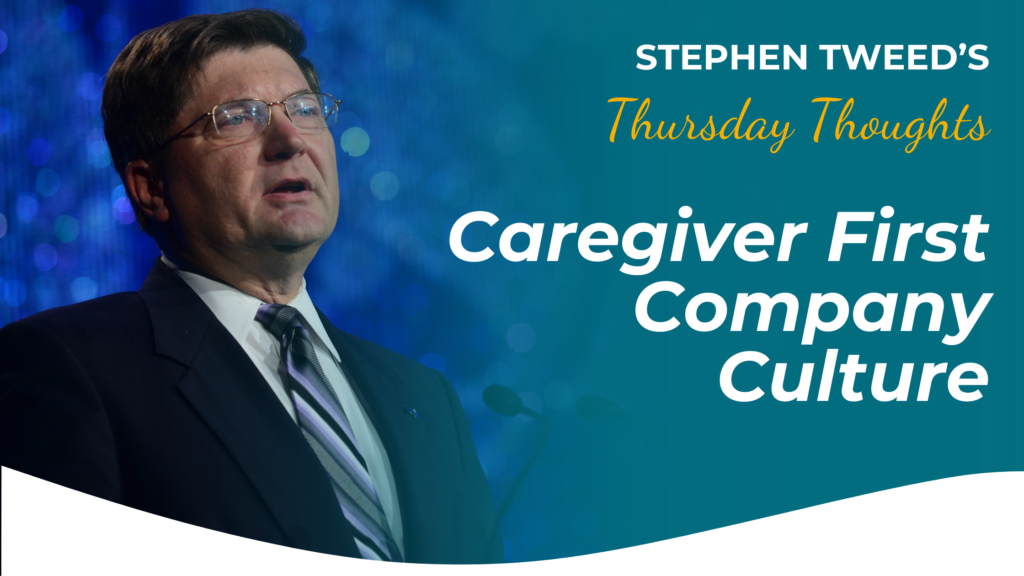It might seem like a simple equation, an elder in need of specific services is matched with a caregiver of compatible experience. Sometimes we get so caught up in just “matching” caregivers to reach our desired number of clients served at a given time that we overlook some of the basics.
After evaluating a potential client’s physical needs, their transition from an independent to dependant lifestyle, are you able to pick up on their emotional transition? If not, you are also unable to critically match your clients with caregivers, and reach your maximum customer satisfaction potential.
Many caregivers and care receivers go through three distinct phases of emotional transition:
- Denial transition. This is a time when neither the caregiver nor the care receiver is emotionally ready to accept the situation. This creates a lot of tension in the relationship.
- Mourning transition. This can lead to aggression, anger, or depression about the situation or toward people.
- Adjustment transition. This is when both the caregiver and the care receiver have accepted the situation and are able to develop coping skills. The energy of the relationship is focused on helping each other rather than denying or being angry
These transitions vary from client to client, caregiver to caregiver, and of course each individual relationship that each client has with a caregiver. The adjustment transition is the healthiest for both the client and caregiver. Even in denial and mourning transitions, each client and caregiver has the potential to reach the adjustment transition.
When you are starting with a client that is in a denial or mourning transition, match them with a caregiver that has a strong adjustment transition disposition. For clients that change in and out of transitions quickly, match them with a caregiver that is experienced in evaluating and reacting to transitions quickly.
Caregivers that are frequently in denial or mourning transitions may require advanced training. These caregivers can sometimes cause more harm than good, by negatively influencing clients and losing customers.
It does require some extra effort to train your caregivers how to properly recognize and react to different transitions, but it is a win-win situation for both caregivers and clients.
Clients that have a healthy relationship with their caregiver will be easier to work with in the future when their needs change and become more challenging. They will have more positive experiences to share with other potential clients.




